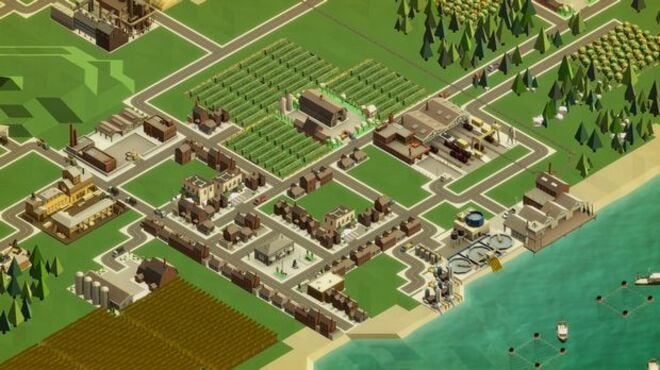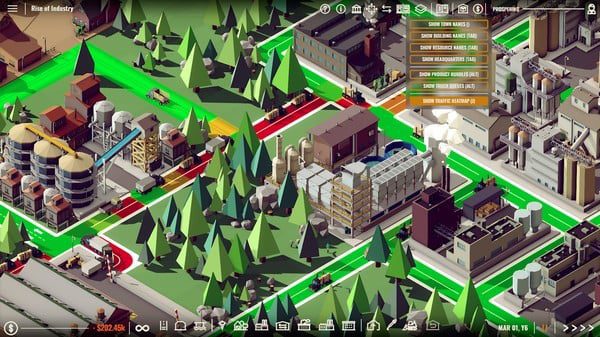

It is also able to receive the regular Unity messagesĮDIT: a new mod mega-guide was just added HERE. The mod instance is created in a pre-init unity scene and is kept alive via DontDestroyOnLoad. This is because the game suffered a name change mid-production but we kept using the old one internally. Please note that our code lives in the namespace called ProjectAutomata and not something like RiseOfIndustry as one would expect. For example if you need to access UGUI to create UI scripts you will need to add UnityEngine.UI.dll and ĭocumentation regarding the Unity engine can be found here while all of Rise of Industry's codebase documentation is here Unfortunately we can’t possibly enumerate all classes and the assemblies where they can be found so you will need to refer to the Unit圓D official documentation for that.

Now you will need to reference all the assemblies (which are just dll files themselves) that you need.Select “Class Library (.NET Framework)”, found under “Windows Classic Desktop”.Create a new Class Library project using the menu command File -> New -> Project… and then choose the Class Library project template.The steps to create your own dll that Rise of Industry can correctly import are the following (here we assume you are using Visual Studio 2017 Community): If you just want to learn how to translate the game, click HERE. References can be found in the Rise of Industry_Data/Managed folder in the game's root folder (Downloaded via Steam or GoG). To write code that the API can understand, you'll have to create a new C# library project and add the references you need. There are no current plans for adding code written in Lua. (the free Community edition will work just fine) and Unity 2018.1.0f2 ( do not use Unity 2018.2). To create the dll files we strongly recommend using Visual Studio. The modding API in Rise of Industry is able to load custom compiled C# code files in the form of dll files. 5 Extending the Building Panel (Advanced).


 0 kommentar(er)
0 kommentar(er)
